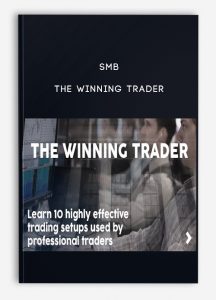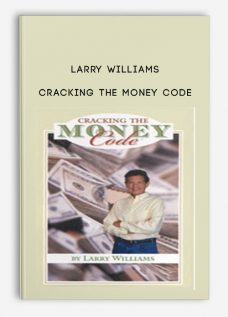- Description
Description
Why Bother With Bonds by Rick Van Ness
**More information:
Get Why Bother With Bonds by Rick Van Ness at bookoftrader.com
Description
Learn how to use CDs, bonds, and bond funds to manage risk/reward even during low interest rates. You will learn:
- How to choose your allocation to stocks and bonds
- How to become immune to changing interest rates
- When to use CDs and individual bonds
- How to choose a good bond fund
- How to hedge against unexpected inflation
This program is an alternative to my paperback book at Amazon—which is sufficiently complete if book-learning fits your needs. But if your preference is to have someone quickly tell you what you need to know and then how to build the bond portion of your portfolio, then this course might be for you.
This book is aimed at 99% of investors—ordinary investors—because bonds play a role in every portfolio. Investing is “simple, not easy.” You’ll find it fairly simple to understand how bonds work and the important role that they play. The important goal is the more difficult part: to own the correct allocation of bonds for your situation.
Photo Credit: These all-weather hikers are happily living their dreams. They are prepared for any weather—the perfect metaphor for creating all-weather investment portfolios! Photo by Stocksy.
Course Curriculum
Getting Started
StartOverview: course navigation and the super-cool video player
PreviewIntroduction (Video Promo—in case you missed it) (2:21)
StartDISCUSSION FORUM: Please ask questions HERE
Your Most Important Investment Decision
PreviewWhy Bonds? #1 – Stocks are risky. Bonds can be safe investments. (3:21)
StartWhy Bonds? #2 – Treasury Bonds Make Risk Palatable (2:49)
StartWhy Bonds? #3 – Bonds Can Be Safe, Low Risk Investments (3:45)
StartWhy Bonds? #4 – Attractive Investment Diversification (5:23)
Bond Basics
StartBond Basics 1: What is a money market fund? (2:54)
PreviewBond Basics 2: Certificate of Deposit: Better Than Bonds? (4:55)
StartBond Basics 3: What Are Bonds? (6:12)
StartBond Basics 4: What Are Bond Ladders? (3:25)
StartBond Basics 5: Individual Bonds? or Bond Funds? (5:04)
How To Reduce Risk From Interest Rate Changes
StartDuration: The Point of Indifference to Interest Rates
StartDuration: the Measure of Sensitivity to Interest Rates
How To Reduce Risk From Unexpected Inflation
StartTreasury Inflation Protected Securities (Review draft released 8/20/2017) (9:17)
Build The Bond Portion Of Your Portfolio
StartHow Much Risk Is Right For You? (6:59)
StartGeneral Guidance for Selecting Bonds (5:23)
StartTaxes Matter: So Which Account is Best to Hold Bonds? (3:21)
StartExample Portfolios (both good and bad)
Common Misconceptions—Important to Correct
StartStocks Are Safer In The Long Run
StartHolding a Bond (or CD) to Maturity Eliminates Risk
StartStocks Are Safer Than Bonds
StartRising Interest Rates are Bad for Bond Holders
Summary of Key Points in this Course
StartKey Points From This Course
Comments and Feedback (Student and Instructor Room)
StartBonus! Why Bother With Bonds (the book)
StartComments and Feedback for the Beta Version of this course
Stock trading course: Learn about Stock trading
A stock trader or equity trader or share trader is a person or company involved in trading equity securities.
Stock traders may be an agent, hedger, arbitrageur, speculator, stockbroker.
Such equity trading in large publicly traded companies may be through a stock exchange.
Stock shares in smaller public companies may be bought and sold in over-the-counter (OTC) markets.
Stock traders can trade on their own account, called proprietary trading, or through an agent authorized to buy and sell on the owner’s behalf.
Trading through an agent is usually through a stockbroker. Agents are paid a commission for performing the trade.
Major stock exchanges have market makers who help limit price variation (volatility) by buying and selling a particular company’s shares on their own behalf and also on behalf of other clients.










